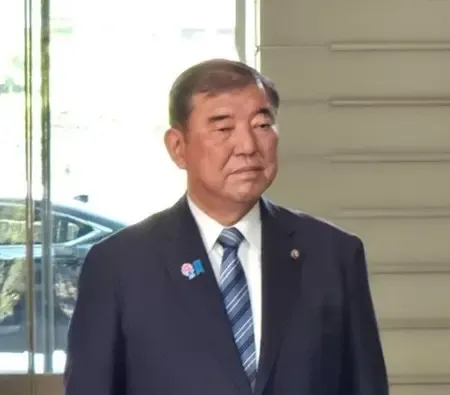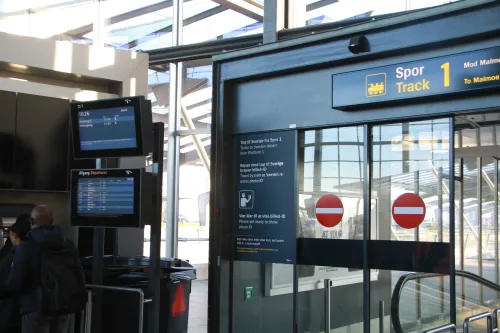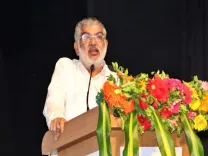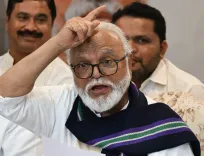Is Outgoing Japanese PM Shigeru Ishiba Visiting South Korea Next Week?

Synopsis
Key Takeaways
- The visit by Shigeru Ishiba is expected to enhance Korea-Japan relations.
- President Lee has emphasized the importance of addressing historical issues.
- This is Ishiba's likely final foreign visit as Prime Minister.
- Diplomatic discussions will include North Korea's nuclear situation.
- The ruling Liberal Democratic Party will elect a new leader soon.
Seoul, September 25 (NationPress) South Korea and Japan are collaborating on a visit by the outgoing Japanese Prime Minister Shigeru Ishiba to a southern city in South Korea next week for discussions with President Lee Jae Myung, a Seoul official stated on Thursday.
"We are in talks with the Japanese side regarding Prime Minister Ishiba's visit at the end of September," the official mentioned, adding that further details will be disclosed once arrangements are finalized, according to Yonhap News Agency.
Ishiba's anticipated two-day journey will commence in Busan, beginning on Tuesday.
If confirmed, this will serve as a reciprocal visit following Lee's trip to Japan last month before heading to the United States for summit discussions with US President Donald Trump.
Since assuming office in June, Lee has committed to nurturing improved relations and collaborating closely with Tokyo to enhance not only bilateral ties but also trilateral cooperation with Washington, while firmly addressing persistent historical issues stemming from Japan's colonial rule of Korea from 1910 to 1935.
Lee broke with tradition by choosing to visit Japan before the US on his inaugural overseas trip as president, seemingly to underline his dedication to aligning with both nations.
This proposed visit is likely to be Ishiba's last as prime minister. He announced his resignation earlier this month after significant electoral losses for the ruling party in both the lower house last October and the upper house in July.
The ruling Liberal Democratic Party is scheduled to elect a new leader on October 4.
On September 23, the top diplomats from South Korea, the United States, and Japan reaffirmed their unwavering commitment to the denuclearization of North Korea and emphasized the importance of maintaining sanctions against Pyongyang, according to a joint statement.
This statement followed a meeting between South Korea's Foreign Minister Cho Hyun, US Secretary of State Marco Rubio, and Japanese Foreign Minister Takeshi Iwaya on the sidelines of the UN General Assembly, where they discussed their partnership and other mutual concerns, including North Korea's nuclear threats.
North Korean leader Kim Jong-un has indicated a willingness to engage in dialogue with President Trump's administration, provided Washington retracts its denuclearization requirements, asserting that he has no intention of relinquishing his nuclear arsenal.
"The Secretary and Foreign Ministers reaffirmed their steadfast commitment to the denuclearization of the Democratic People's Republic of Korea (DPRK) in line with relevant United Nations Security Council (UNSC) resolutions, while continuing to strive for peace and stability on the Korean Peninsula through dialogue and diplomacy," the statement emphasized, referring to North Korea by its official name.
"They stressed the necessity of collaboratively addressing the DPRK's nuclear and missile initiatives and maintaining and strengthening the sanctions regime against the DPRK by responding firmly and in collaboration with other nations to violations and evasions of the pertinent UNSC resolutions."









